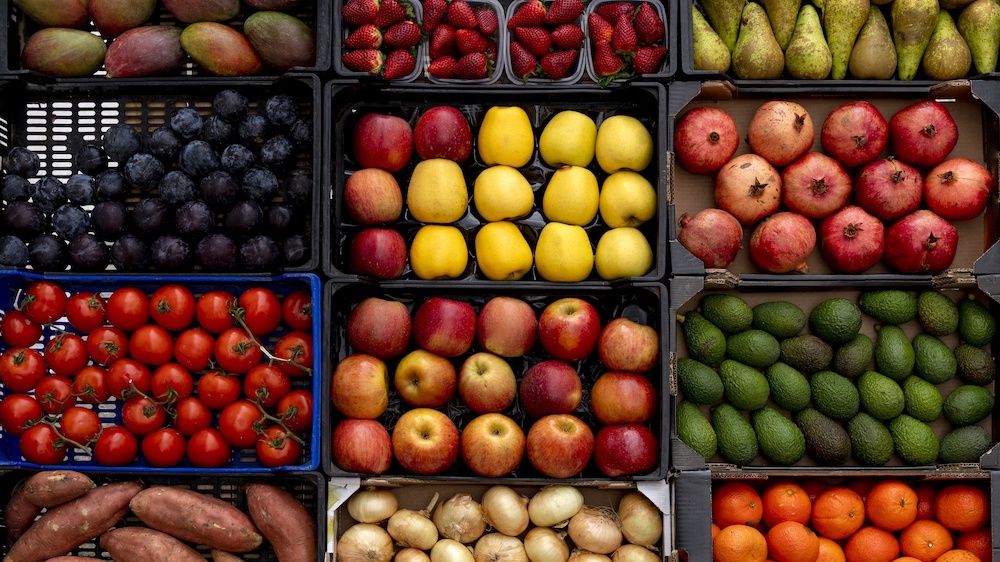If you’re interested in sharing your opinion on any cultural, political or personal topic, create an account here and check out our how-to post to learn more.
____
Prior to the onset of the COVID-19 pandemic, how many bags of spinach, bananas or other perishables did you throw away weekly? We stand over our garbage cans and with varying degrees of regret, recall procrastinating cooking dinner, eventually, ordering a pizza or jumping on UberEats in lieu. With a heightened awareness for job economic uncertainty, many families have reevaluated their food. Recently, almost 3 million jobless claims for unemployment benefits were filed, bringing the total jobless claims COVID-19 tally to 36.5 million.
Globally, grocery prices are rising at an alarming rate, and it’s not because there is a shortage of food. In fact, many farms have been reduced to disposing of their crops and yield because the agriculture-food supply chain is unable to deliver when and where food is needed due to shortages of labor. According to the Bureau of Labor, the price of eggs rose 16% between April and May, and chicken, the most consumed meat rose 5.6%. It takes roughly 620 gallons of water to produce a dozen eggs, which means that each time we dump an unused egg in the trash, we waste about 50 gallons of water.
There have been numerous accounts of news interviews where people are standing in line for hours at food pantries trying to make ends meet and provide for their families, with seniors, being among the most vulnerable of us. As many families continue to follow stay-at-home orders, techniques like meal preparation have proven extremely effective in reducing and maintaining food budgets. In the past months, I have been becoming increasingly efficient in making sure that I do not end up with a surplus of spoiled food that has to go in the trash.
Here are a few tips to help you preserve and curb your food:
-
Double-check your refrigerator’s temperature to avoid bacteria growth. The temperature should be set to at least 40 degrees fahrenheit (five degrees celsius), or a few degrees lower.
-
Store dairy products at the back of the fridge to avoid lower temperatures.
-
Put your meat on the bottom shelves of your refrigerator so juices don’t drip and spoil other food.
-
Wrap your celery in foil to preserve crisp freshness, prevent it from going limp and soft.
-
Unless you plan on freezing, wash produce as you go to avoid mold growth and dampness.
-
Plastic wrapping your bananas can decrease the ripening process, extending it’s half-life.
-
Wrap your greens in plastic to soak up excessive moisture Your spinach won’t get slimy so quickly.
